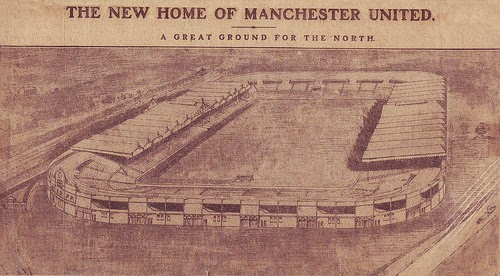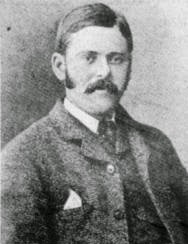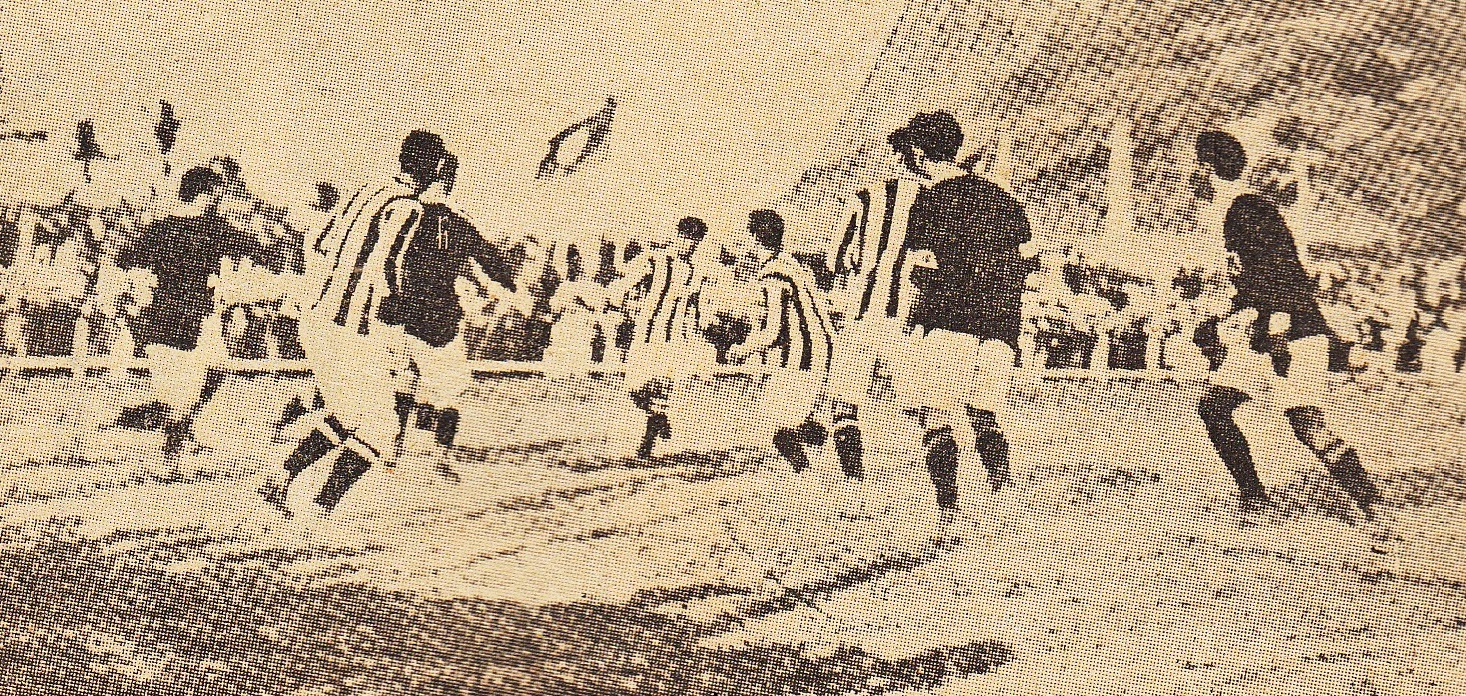Racing Club de Avallaneda traces its origins to Football Club Barracas al Sud, formed in 1901 by students at Colegio Nacional Central, reputedly the first club to be formed by native born Argentinians rather than British incomers.
After some internal wrangling over colours and the like the club became consolidated as Racing Club in 1903, taking its name from the Parisian team.
Racing Club joined the Argentine Football Association in 1905. they were promoted to the Primera División in 1910.
During the following decade they enjoyed a period of spectacular dominance in the league.
Here are the statistics from the 7 consecutive seasons in which Racing Club won league titles:
P | W | D | L | F | A | |
1913 | 20 | 17 | 1 | 2 | 52 | 6 |
1914 | 12 | 11 | 1 | 0 | 42 | 7 |
1915 | 25 | 23 | 2 | 0 | 96 | 5 |
1916 | 21 | 15 | 4 | 2 | 39 | 10 |
1917 | 20 | 16 | 3 | 1 | 58 | 4 |
1918 | 19 | 17 | 2 | 0 | 49 | 9 |
1919 | 13 | 13 | 0 | 0 | 43 | 10 |
totals | 130 | 112 | 13 | 5 | 379 | 51 |
86% | 2.91 | 0.39 |
1913-18: Asociación Argentina de Football (up until there were 2 Leagues, Asociación Argentina de Football and Federación Argentina de Football these merged in 1915)
1919: Asociación Amateurs de Football (this was a dissident league)
The leading crack at Racing during this era was Alberto Ohaco. In 11 seasons at the club he won 19 trophies, including 8 league championships (7 in succession). He was league top scorer for 4 seasons in a row (1912-1915). In all he scored 244 goals in 278 league matches.
Ohaco
































.jpg)




.jpg)
















